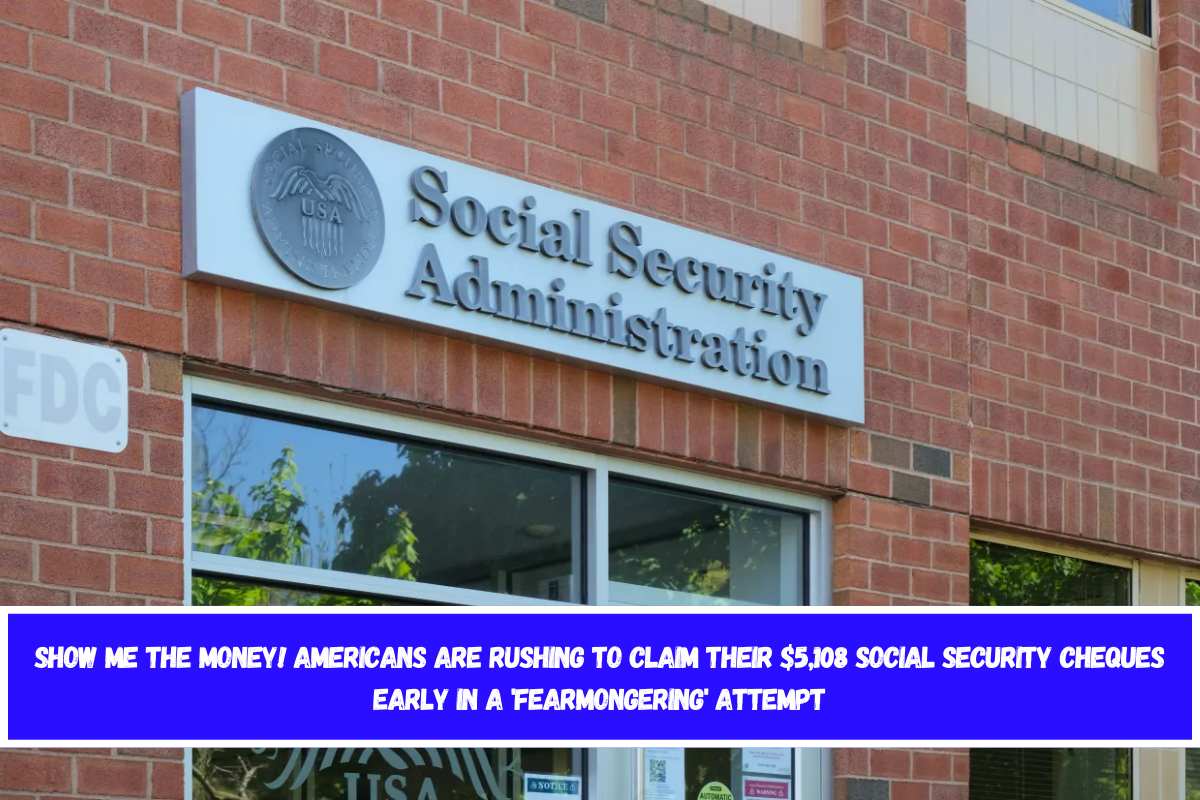IRS Tax Deadline 2025: How to File for an Extension and Avoid Penalties
As the April 15, 2025 tax deadline approaches, many Americans are rushing to file their returns with the Internal Revenue Service (IRS). This season often brings stress, especially for those dealing with recent financial changes or still waiting on important documents. If you find yourself unprepared, there’s good news—you may be able to request an extension to file your tax return.
This extension gives you more time to file your paperwork without facing penalties for late submission. However, it does not delay your tax payment, which is still due on April 15. Let’s take a look at how this works, who can apply, and what happens if you miss the deadline entirely.
What Is the 2025 Tax Filing Deadline and How Can You Get an Extension?
For the 2024 tax year, the IRS filing deadline is April 15, 2025. If you’re not ready to file your return by that date, you can apply for an extension that gives you an extra six months to submit your forms. That means your new deadline would be October 15, 2025.
To request this extension, you need to fill out and submit IRS Form 4868. You can do this in several ways:
- Use IRS-approved tax software
- Ask your tax preparer to submit it for you
- File it online through IRS Free File or a trusted tax service
- Mail a paper form, though electronic submission is faster and confirms receipt
It’s important to remember that this extension is only for filing your return, not for paying any taxes you owe. If you estimate that you’ll owe taxes, you still need to make the payment by April 15, 2025. Failure to do so may result in interest charges and late payment penalties.
What If You Don’t File or Request an Extension by April 15?
If you miss the April 15 deadline and do not file your return or request an extension, you could face financial penalties. These include:
- A late filing penalty of 5% of the unpaid tax per month, up to a maximum of 25%
- Interest charges on any unpaid amount starting from April 15
- Additional penalties for failing to pay taxes on time
In short, not filing at all can cost you much more than simply requesting an extension or filing on time, even if you can’t pay the full amount right away.
Can You Pay Taxes Later If You Can’t Afford the Full Amount?
Yes, if you can’t afford to pay everything by April 15, the IRS offers payment plan options, such as:
- Short-term payment arrangements (up to 180 days)
- Long-term installment agreements
- Offers in compromise for taxpayers with financial hardship
These options help reduce the pressure and give you time to settle your tax bill without facing the harshest penalties.
What If You’re Expecting a Refund?
If you’re expecting a tax refund, the rules are a bit different. The IRS does not charge penalties for late filing if you’re owed a refund. However, you still need to file within three years of the original deadline to claim it. If you wait too long, you could lose your refund entirely.
So, while there’s less urgency for those who are expecting money back, it’s still a good idea to file your return or extension request on time to avoid missing out.
Filing taxes on time is important, but the IRS understands that not everyone will be ready by the deadline. The April 15, 2025 deadline is firm, but by submitting Form 4868, you can get until October 15 to complete your return. Just remember—the extension doesn’t delay your tax payment. Make an estimated payment by April 15 to avoid penalties, even if you need more time to finish your paperwork.
By planning ahead and understanding your options, you can avoid late filing fines, reduce stress, and protect your financial future—even if you’re not quite ready to file by the original deadline.















